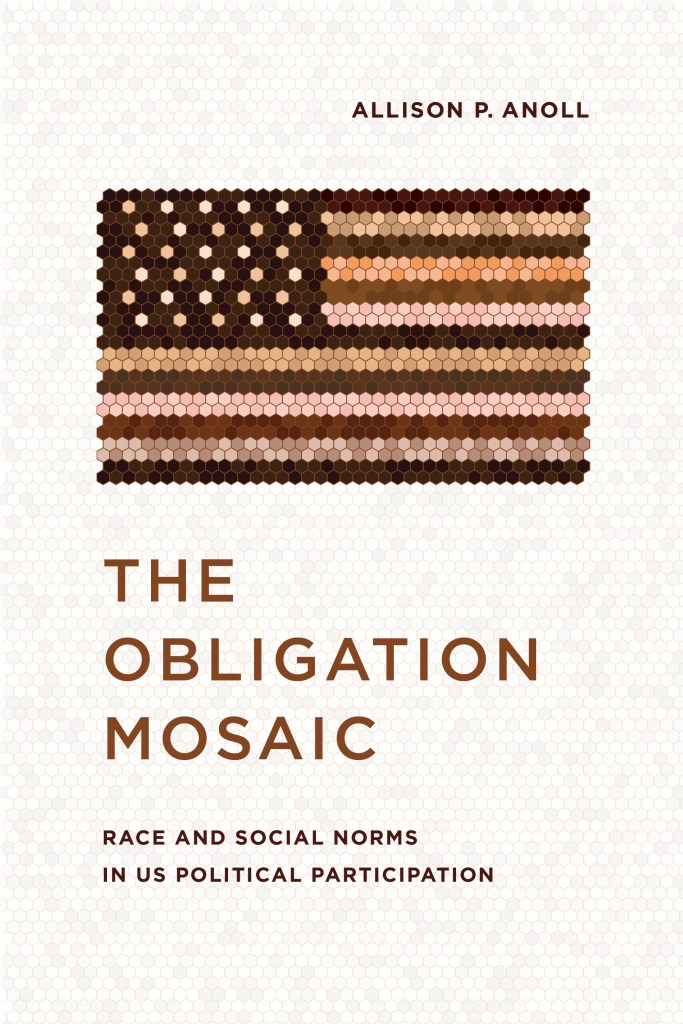I am an Associate Professor of Political Science at Duke University. My research examines why everyday Americans participate in politics and how representation works.
My award-winning book, The Obligation Mosaic, investigates how different racial communities develop norms of political participation. Other works on the criminal legal system, social movements, and political socialization appear in the American Political Science Review, Journal of Politics, Perspectives on Politics, and British Journal of Political Science.
My current scholarship investigates how parents and schools introduce children to racial politics—and if historical and present-day social movements shape these choices.
I graduated with honors from William & Mary in 2009 with a double major in American Studies and Government, and in 2016 from Stanford University with a PhD in Political Science. I have taught courses on American democracy to middle school and high school students; to inmates at San Quentin Prison; at a rehabilitation center in Redwood City, CA; and to undergraduate and graduate students at Vanderbilt and Duke. Before graduate school, I was the Ameri*Corps VISTA for Community Engagement and Scholarship in William & Mary’s Office of Civic and Community Engagement.

Buy The Obligation Mosaic on Amazon